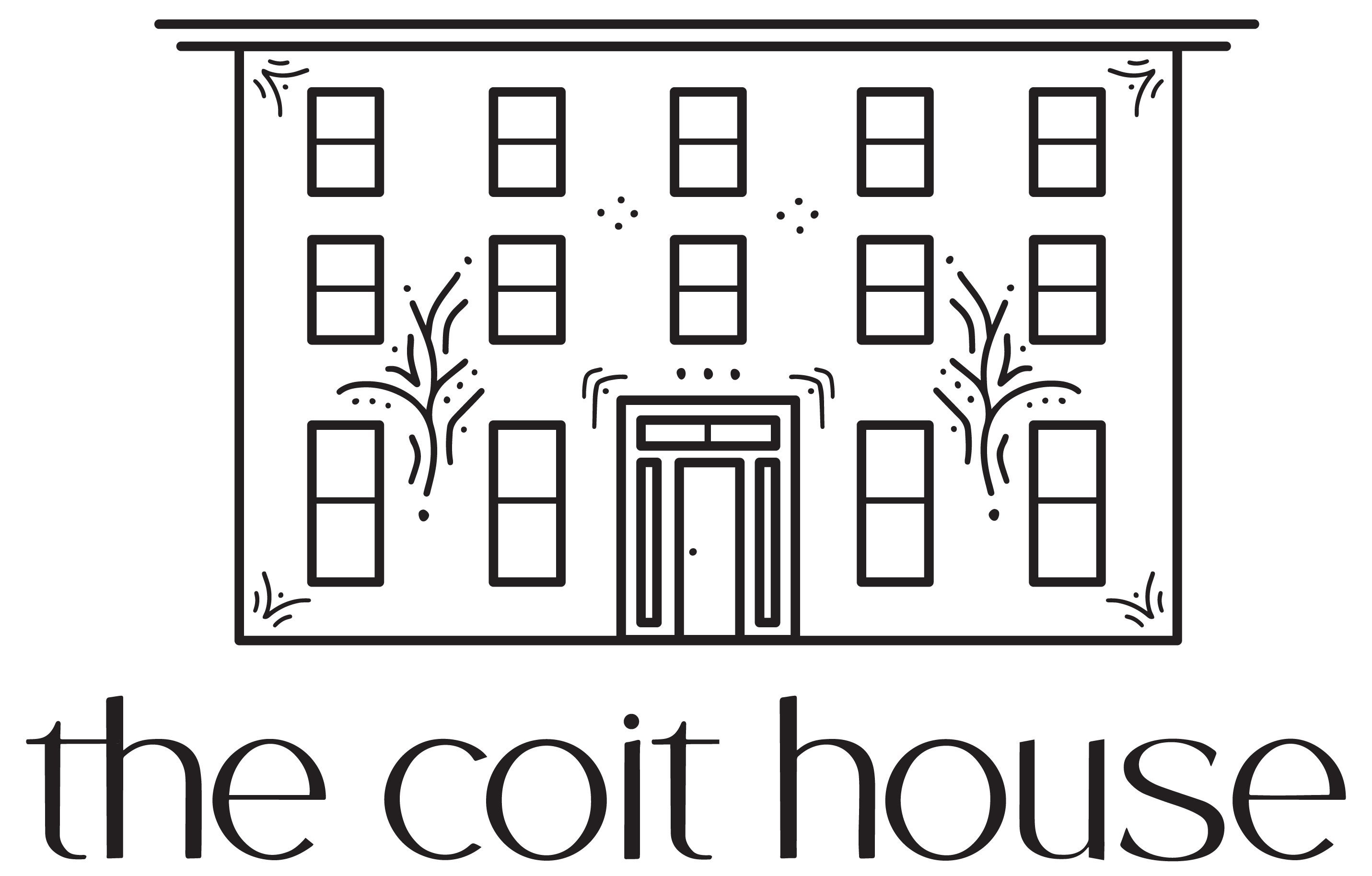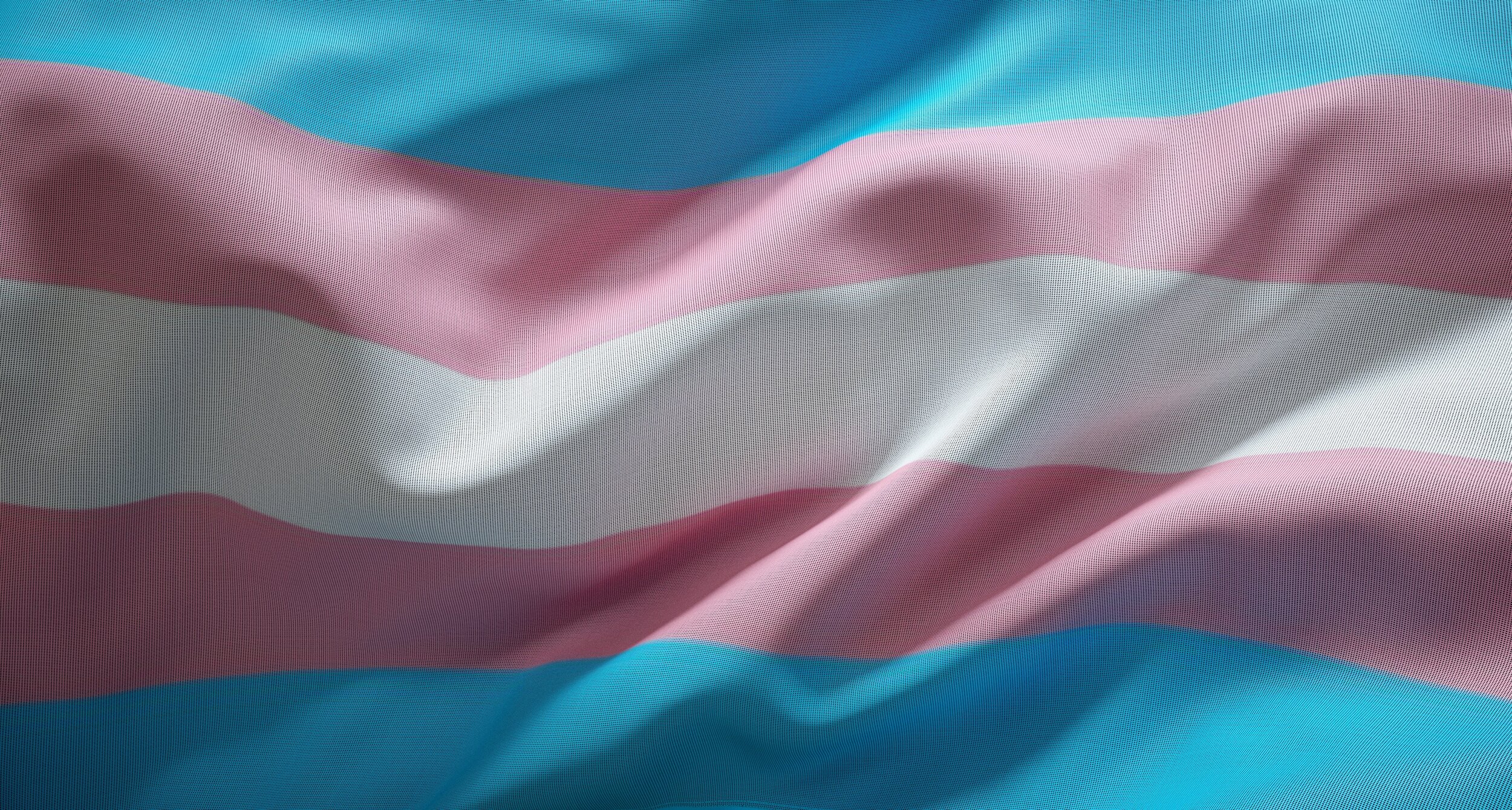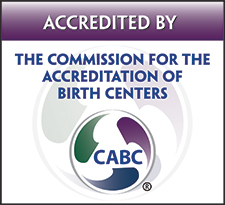With its foundation of highly personalized care, the midwifery model offers an important role in the healthcare of people with diverse gender and sexual identities. Although an estimated 1.4 million adults living in the United States identify as transgender, many gender diverse people struggle to find safe healthcare spaces and providers. The midwifery model of care can provide a safe, evidence-based approach to caring for trans and gender non-conforming individuals through its focus on the unique needs of each client, holistic wellness, preventive care, and building a trusting relationship between midwife and client.
Healthcare for people who identify as trans or gender non-conforming can be both highly stigmatized and misunderstood, leading to vast health disparities and trauma. The 2015 National Transgender Discrimination Survey found that one-third of respondents who had seen a health care provider in the past year reported having at least one negative experience related to being transgender, including verbal harassment, refusal of treatment, or having to teach the health care provider about transgender people to receive appropriate care. Almost a quarter of respondents stated that they had avoided seeking health care they needed in the past year because they were afraid of being mistreated as a transgender person. Moreover, nearly a third of respondents reported that none of their health care providers knew they were transgender. These negative experiences disproportionately affect Black folks and people of color.
When integrated into the healthcare ecosystem, the midwifery model could offer an important intervention in the care of transgender and gender nonconforming people. Midwives are trained to focus on the interconnected physical, psychological, and social well-being of their clients. They are experts at listening and fostering shared decision-making. The best care is provided when people feel comfortable enough with their provider to voice their concerns, ask questions, say no, and be honest about their past experiences.
In addition, the ways in which society tries to control the bodies of women and transgender individuals is similar. Both populations are more likely to experience discrimination and harassment at school, various forms of discrimination in the workplace, and intimate partner violence. Midwives are acutely aware of gender-based injustice and violence. They know how to support, hold space, and advocate for their clients.
The primary, mental health, sexual healthcare needs of transgender and cisgender people are the same for most individuals of the same age. An annual wellness visit with lab work and screenings for common chronic conditions and familially diseases is often recommended. Those who may be at risk should be tested and treated for sexually transmitted diseases. Everyone should have easy access to screenings, mental health providers, and medication management. Women, transgender, and gender nonconforming people need care for pregnancy, birth, family planning, miscarriage, and abortion. Transgender and gender noncorming people may also need care specifically related to their transition.
At Fika Midwifery, our compassionate staff and organizational policies encourage our clients to define themselves in their own words. We do not make any assumptions or rely on someone else’s terms. During our online intake process, you can fill in your preferred pronouns, preferred name, current gender identity, assigned sex at birth, and sexual orientation. If you would rather not share this information, that’s okay too. We want to ensure that all of our clients feel safe, supported, and centered during every aspect of their experience with us.
Your midwife at Fika can provide the majority of pregnancy and well-person care you need in our home-like facility, The Coit House. We offer wellness exams, routine screenings and lab work, STI testing and treatment, birth control and family planning, care for minor gynecological issues, prenatal and postpartum care, community birth, lactation consultation, vaccines, and prescriptions. We can also offer trusted referrals for primary care, specialists, mental health professionals, and community resources that offer respectful, quality care to LGBTQ+ individuals and families.
By creating accessible, inclusive spaces for transgender and gender non-conforming individuals, we become better allies for everyone. Check out the great resources listed below to learn more.
-
Trans 101 is a helpful resource from the Sylvia Rivera Law Project to help further your understanding of gender identity and trans experiences.
-
Masculine Birth Ritual is a podcast about Masculine of Center (MoC) queer and trans people nurturing life through pregnancy, birth, and parenting. The podcast features pregnancy and birth stories of people creating life outside the gender lines.
-
Pregnant Butch: Nine Long Months Spent in Drag, A.K. Summers’s graphic memoir is a must-read for would-be pregnant butches and anyone interested in the intersection of birth and gender, as well as a perfect queer baby shower gift and conversation starter for those who always assumed they “got” being pregnant.
-
Gender, Sex, and Midwifery, Oh My! Creating a Gender Affirming Community is a webinar by Equity in Midwifery Education discussing the history of how we have understood and defined sex and gender; key concepts including gender identity, biological sex, and gender expression; best practices in midwifery; and the ways in which the interests of midwives and women are aligned with those of transgender folks.
-
The Brown Boi Project is a community of masculine of center womyn, men, two-spirit people, transmen, and our allies committed to changing the way that communities of color talk about gender.
-
What Makes a Baby by Cory Silverberg is a children’s book about where babies come from that reflects the reality of our modern time by being inclusive of all kinds of kids, adults, and families, however they came to be.
Author Mary Badame is the Quality Assurance Manager at Fika Midwifery and is a passionate advocate for midwife-led care, increased birth options, and better reproductive healthcare for everyone.
